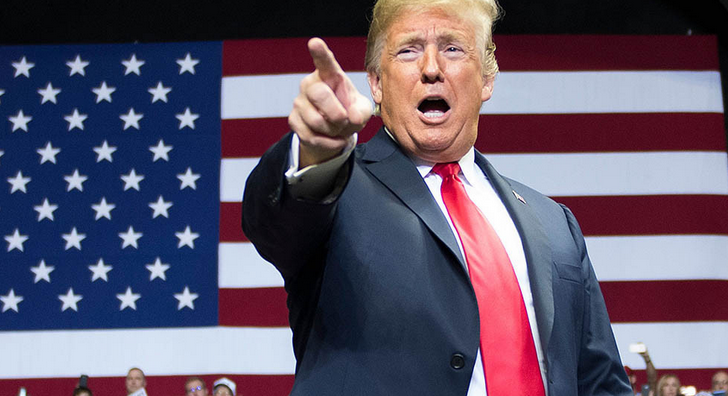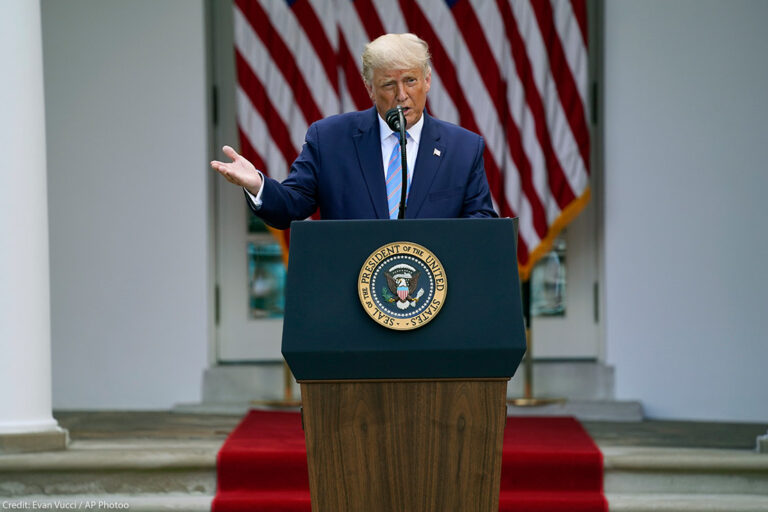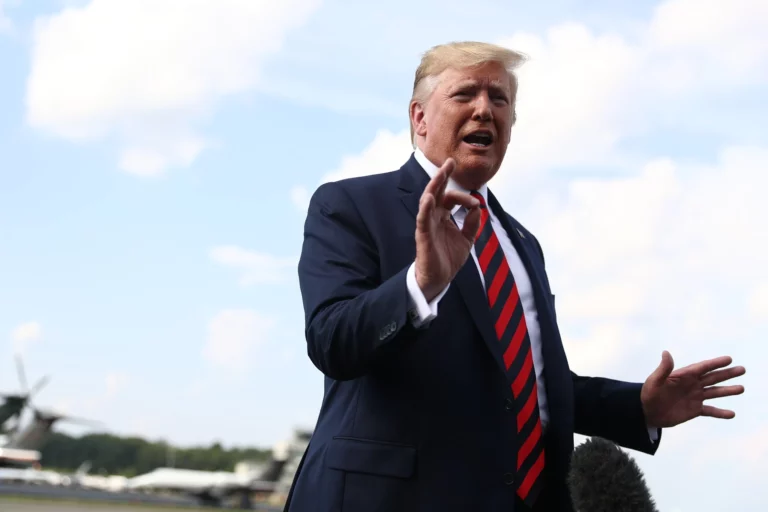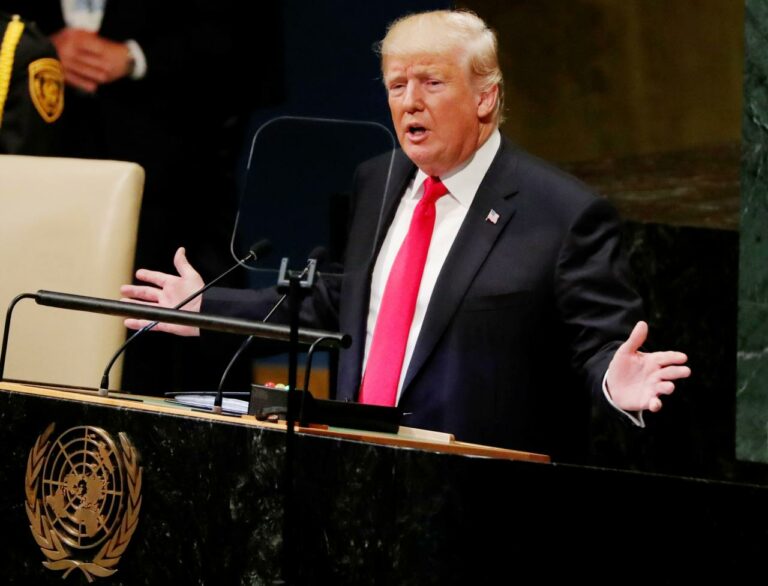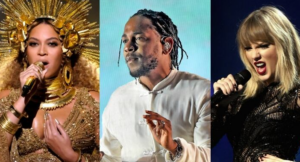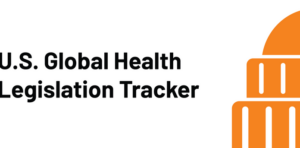Donald Trump’s tenure as the 45th President of the United States had a profound impact on American politics. One of the key aspects of his presidency was his embrace of populism, a political ideology that champions the interests of ordinary people against the perceived elite. This article explores Trump’s influence on populism in American politics, examining how his rhetoric, policies, and style reshaped the political landscape.
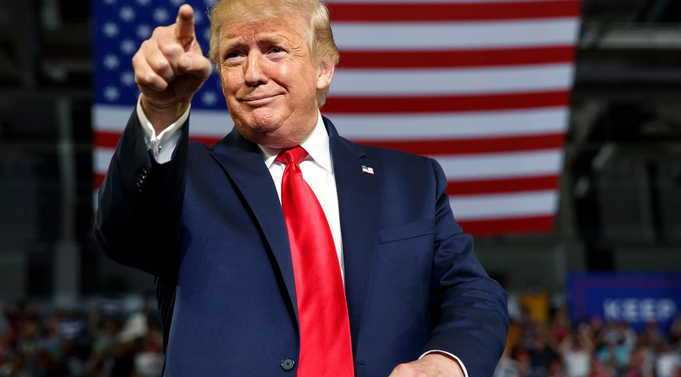
Populism Defined
Understanding Populism in Politics
Before delving into Trump’s influence, it’s essential to define populism. Populism is a political approach that appeals to the concerns and grievances of ordinary people, often characterized by a distrust of traditional elites and institutions.
Trump’s Populist Rhetoric
The Art of the Political Outsider
Donald Trump’s rise to political prominence was marked by his outsider status. He presented himself as a candidate who was not beholden to the political establishment, a sentiment that resonated with many Americans who felt left behind by traditional politics.
America First” and Economic Populism
Trump’s campaign slogan, “America First,” encapsulated his economic populism. He promised to protect American jobs, renegotiate trade deals, and challenge globalization—all policies aimed at addressing the economic concerns of working-class Americans.
Shaping Populist Policies
Immigration and Nationalism
Trump’s immigration policies were emblematic of his populist approach. He advocated for stricter immigration controls, including the construction of a border wall, which he argued would protect American workers and resources.
Deregulation and Tax Cuts
In his pursuit of economic populism, Trump implemented significant deregulation and tax cuts. These policies were seen as pro-business but were also framed as benefiting the average American through job growth and economic expansion.
The Populist Style
Communicating Directly with the Public
Trump’s use of social media, particularly Twitter, allowed him to communicate directly with the public. His unfiltered and often controversial tweets became a hallmark of his presidency, reinforcing his image as a political outsider.
Combative Approach to the Media and Critics
Trump’s confrontational style extended to the media and political opponents. His willingness to take on perceived enemies, whether in the media or within his own party, appealed to his populist base.
The Trump Effect on Populism
Energizing Populist Movements
Trump’s presidency energized populist movements across the United States. His success in tapping into populist sentiments paved the way for like-minded politicians at the state and local levels.
The Future of Populism in American Politics
Even after leaving office, Trump’s influence on this continues to shape American politics. Populist themes remain prominent in both major political parties, indicating a lasting impact.
Controversies and Criticisms
Polarization and Division
While Trump’s populism energized his base, it also contributed to increased polarization and division within the country. Critics argue that his confrontational approach hindered productive political discourse.
Populism vs. Democracy
Some experts argue that socialism can pose a challenge to democratic norms and institutions. They raise concerns about leaders who claim to represent the people while undermining democratic checks and balances.
Conclusion
Donald Trump’s presidency undeniably left a significant mark on American politics, with his embrace of socialism as a defining feature. His rhetoric, policies, and style reshaped political discourse and energized populist movements. However, the legacy of populism in American politics remains a subject of ongoing debate, with questions about its long-term impact on the nation’s democratic institutions and political culture. Trump’s influence on populism, for better or worse, will continue to be a central theme in the evolving landscape of American politics.

